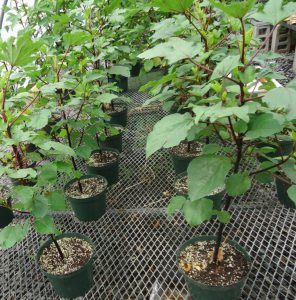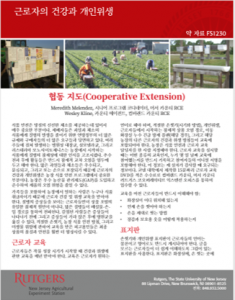Bruce Eklund, NJ State Statistician for the U.S.D.A’s National Agricultural Statistics Service, shared this reminder to please complete the Census of Agriculture by Feb 5, and
for winery operators, direct marketers and other value-added and agritourism operations, be sure to pay attention to a few special questions:
- Include wine and other value-added product sales under (Section 24) Practices (Item 2);
- Other Income From Farm-Related Sources (Section 32) includes Agri-tourism (Item 4); and
- Production Expenses (Section 30) are important as it shows this contribution from agriculture to the general economy.
With the once every five year census started, your participation is important to accurately represent the New Jersey’s specialty crop industries. USDA/NASS mailed 2017 USDA Census of Agriculture questionnaires to known farmers in December.
If you have any questions regarding the survey, or if you may have been overlooked, please call 1-888-424-78288 or 717-787-3904, or visit https://www.agcensus.usda.gov/, where you you can complete the survey online. Growers who have already completed the survey online format found that it saved time!
Remember that individual responses to the Census of Agriculture are required to be kept confidential by law, and only aggregate data are used for publication. Census results are important in showing the economic impact and significance of agriculture for your County, your Congressional District, and New Jersey. Agricultural advocates will use your combined information to inform decision makers and the public about the importance of agriculture.
More information on the Ag Census is available at:
http://www.nj.gov/agriculture/news/press/2017/approved/press171206.html
and… https://www.agcensus.usda.gov/Partners/index.php.
Please help by reminding your neighbors and thank you for taking the time to be counted.


